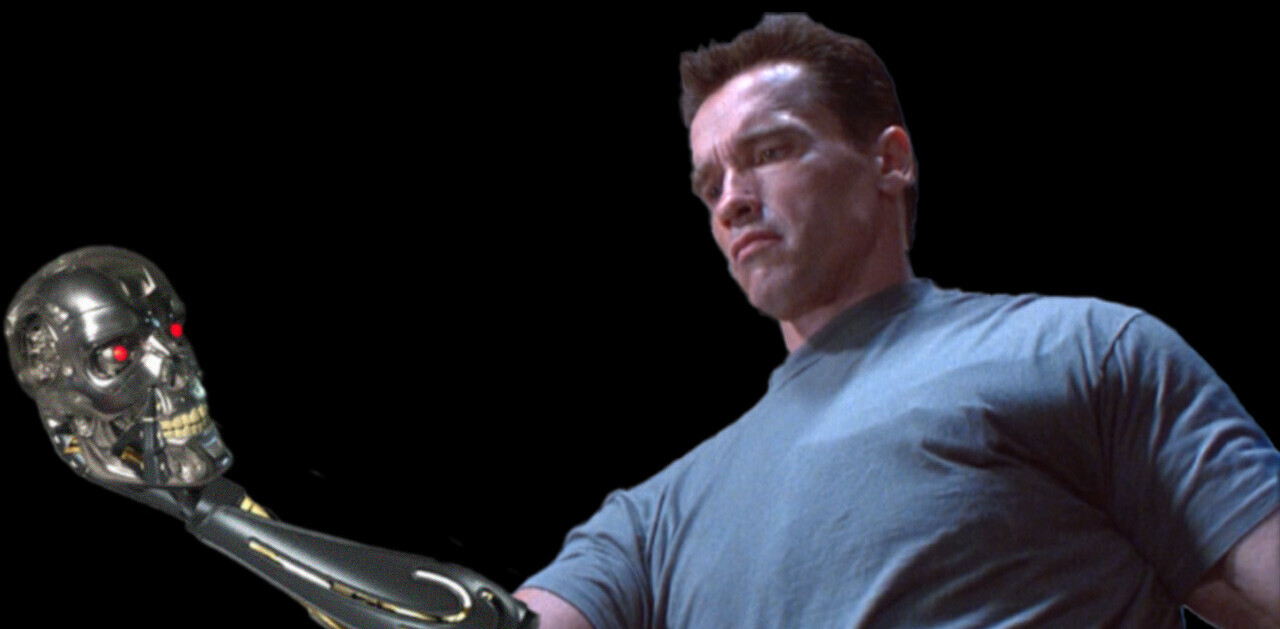
You don’t need a car, you can just rent one by the hour or rely entirely on Uber. You can turn your house into an asset that keeps paying out by listing it on Airbnb when you’re out of town. You don’t need a kitchen, you can go full Soylent and rely on delivery apps the rest of the time.
You can outsource life to the underpaid. Unless you are the underpaid.
The fundamental missing piece in the story of ‘Silicon Valley’ disruption is who gets to benefit right now. There are those who luxuriate in the ‘disrupted’ world and those who must deliver it.
The pampered in the back of the Uber and the driver trying to scrabble together enough money to make his car payments in the front. The Airbnb landlords and the rest of the people in a neighbourhood that has become a ghost town.
And then there’s the entitlement and arrogance of the ‘disrupted.’ That’s telling people they no longer need cars because you live in a metropolitan area that’s well served by Uber, Lyft and others. That you don’t need cars because your job as a ‘thought-leader’, ‘ninja coder’ or any other welded together collection of buzzwords doesn’t enforce a brutal commute on you or revolve around shift work.

I grew up in Norfolk, the relatively rural county in the east of England. Unlike my friends who lived in London with its excellent transport links and plentiful black cabs, I had to learn to drive quickly. Driving was freedom. If you couldn’t do it, you were at the mercy of friends, parents and subject to the whims of a terribly run bus service and inconsistent rail options.
The arrival of one-button services that deliver the things you want feels like magic, but even in the affluent Western countries most of the readers of this site reside in, there are plenty of people who still don’t have a smartphone and/or the means to constantly avail themselves of app-enabled laziness.
Chin-stroking about when we’ll stop needing to own houses or cars is ignorant. That’s especially true when you do that burbling around people who are still dreaming of being able to even contemplate having either. I’ve been a professional writer for over 10 years, with occasional success and lots of knock backs, I don’t have the savings or means to buy property or justify a car.

I’m not complaining. I have a good life and I can use Uber or order delivery for dinner. I get the benefit of being able to try the future on a regular basis. I’m among the planet’s richest, even if the one percent are still like a frustrating race of alien parasites to me.
But the point is, when young ‘professionals’ – yuck – like me can’t access property or high-value items like cars easily, the ‘disrupted’ future looks truly bleak for people further down the economic ladder.
The ‘Silicon Valley’ mentality of the tech world – a mindset that transcends that limited geography – keeps propagating ideas and products that feed a particular needy man-boy worldview. The non-problems of a very small subset of extremely-well remunerated white men get solved far more quickly than the real concerns of the majority of the world.
When I wrote about the problem with investors on social media recently, it sent (somewhat) legendary angel investor and controversialist Jason Calacanis into a spiral on Twitter, where he lashed out at my ‘clunky’ writing and told me his leaden jibes were the highlight of my career:
@brokenbottleboy this really is the peak of your writing career, having me comment. Congratulations!
— jason (@Jason) August 12, 2015
I’m not boo-hooing into my bedtime cocoa, but it was another valuable lesson: These people get very personal when you criticise the philosophies they espouse.
The same occurred when I delivered a two-footed tackle – that’s a proper football reference, American readers – to the founder of Soylent and his most horrendous mush (not the meal replacement but his soft-headed philosophy).

It was even more apparent earlier this week when I wrote about my friend Tegan’s experiment on Tinder, where she asks men who contact her to first list books from five different female authors they have read. Many men recognised the reasons behind the request, the vast majority did not. I drink up their angry tears like Daniel Day-Lewis enjoying a milkshake in ‘There Will Be Blood.’
There’s a well-worn metaphor that posits that men, especially white men, are living life with cheat mode switched on. I definitely recognize that I am compared to some of my female friends, trans friends and friends from minority backgrounds of all kinds.
But put that idea to the zealots for ‘disruption’ and they’ll get instantly defensive. Many of them will argue their roles as futurists, app makers and money hoses, are down to talent, not even remotely because of any societal or historical advantage.
The easy riposte to my arguments is that technology makes life better for everyone and that, as with smartphones and computers getting cheaper and more accessible, the ‘software will eat the world’ idea means we will all benefit in the end.
Across the long arc of history, that usually proves to be correct but, in the short-term, the app-driven world is a feudal one – the haves get to have more, the have-nots get to serve them. If you don’t see that, you’re kidding yourself.
Read next: Andreessen hollow wits – the problem with investors on social media
Feature image credit: Monty Python
Get the TNW newsletter
Get the most important tech news in your inbox each week.





